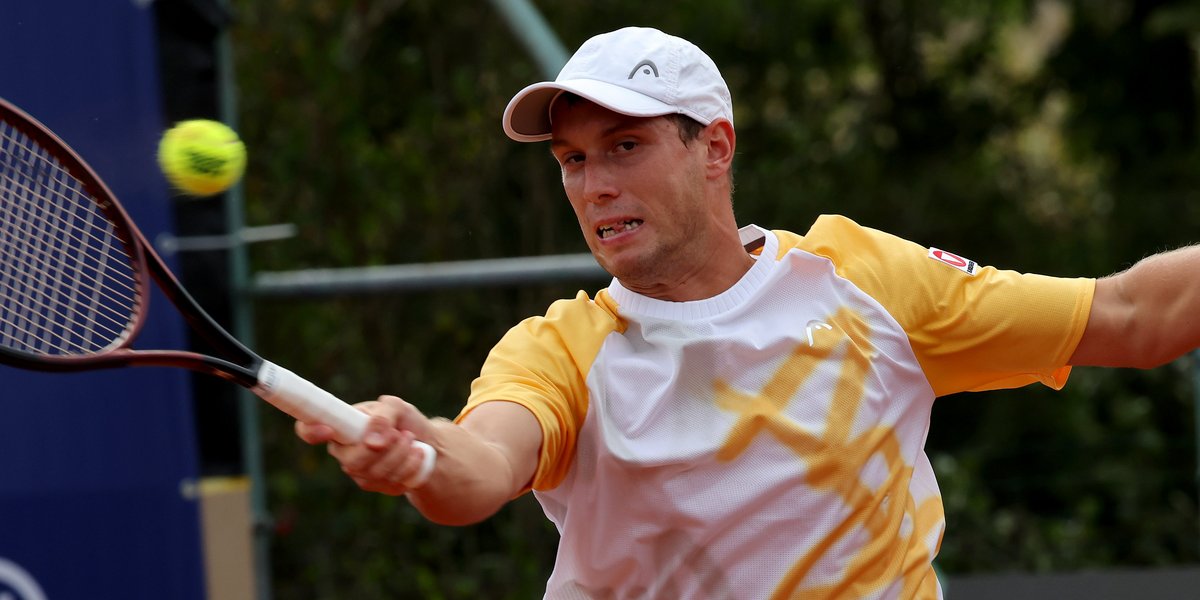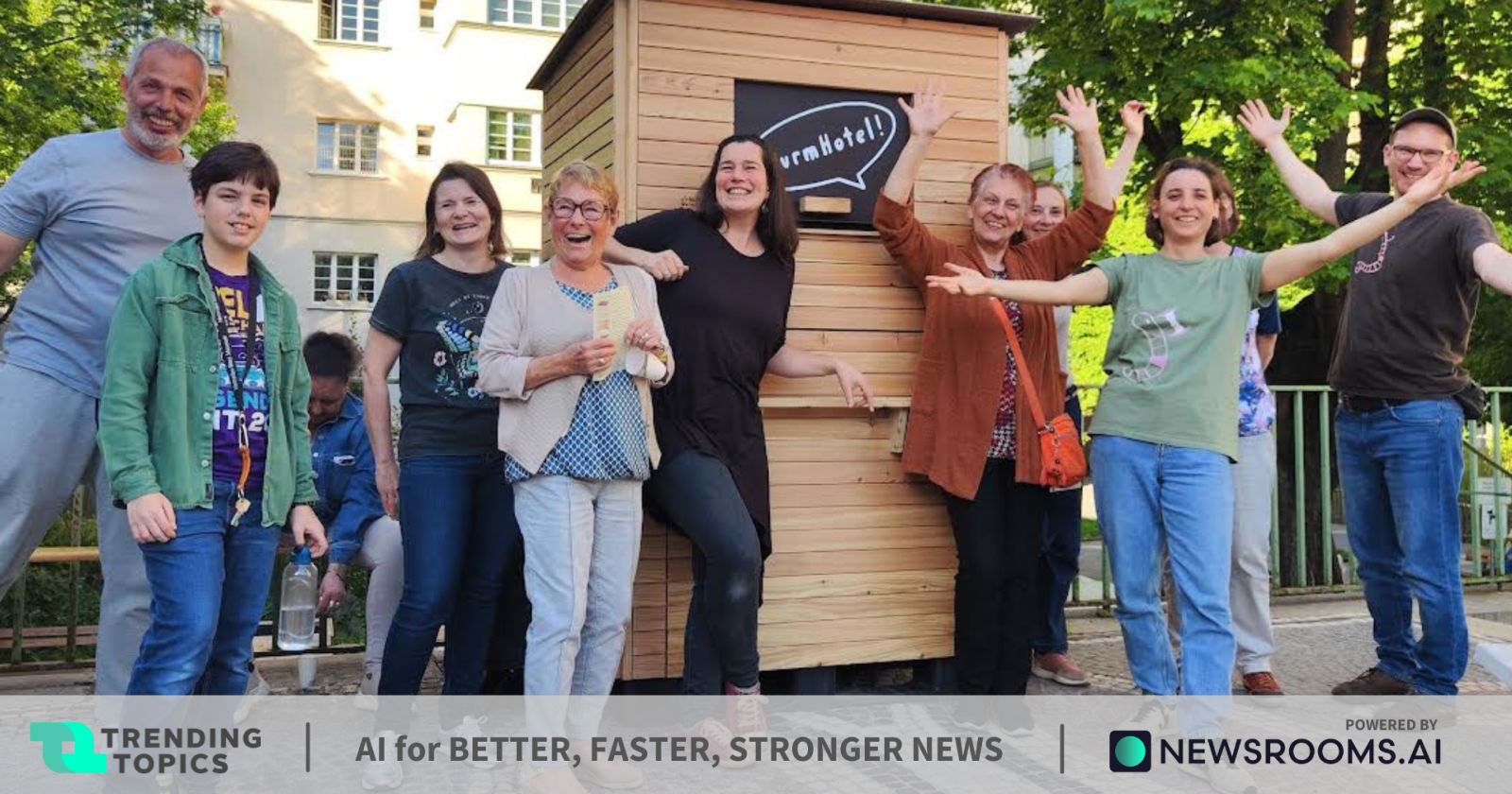The WurmHotel is a communal composting facility located in public space and cared for by local residents. About 30 families have the opportunity to compost their organic waste at the same time. After a period of 6 months, the community can collect the first worm castings, which is fertilizer that can be used to grow their own gardens. The concept is simple: While members of the composting community generously add their organic waste to the system, the worms handle the process quietly and without unpleasant odors.
After successful testing by the first five WurmHotels in Vienna last year, the project is now looking for new members who want to actively participate in feeding the worms and not waste their organic waste anymore.
The search for new colleagues and locations begins
The current sites in districts four, seven, six, eighteen and fifteen are looked after by the composting community, which consists of about 30 households, thus bringing organic waste to WurmHotels. But will there be more of it soon?
“Now it depends on the interest of the people of Vienna. Only if many people decide not to leave their organic waste with the residual waste in the future, will the path be clear for us to this new form of organic waste recycling. Fortunately, there is a great interest in worms.” The earlier you communicate “The greater the chance of having your own WurmHotel in the neighbourhood,” says Ruth Caplari, who looks after WurmHotels in Vienna. “The reasons for participating are different. Most people simply want to reduce waste and then be amazed at the great Earth. Many families with children also participate.
Anyone interested now has the opportunity to put themselves on the “guest list” for future WurmHotels. how? Just sign up for the newsletter www.wurmhotel.com Register. It is also possible to suggest potential locations. Once enough interest and suitable sites are found, a new WurmHotel can be built.
Side information: WurmHotels do not require electricity or water connections. They are suitable for places that people visit regularly, and in the best case, they can also become a popular meeting place in the neighborhood.
Additional WurmHotel locations are already being planned in Districts 6 and 22
“The area leaders who participated in the WurmHotels trial were very supportive from the beginning, and are now convinced that there are positive impacts on waste segregation, the surrounding parks, as well as the community surrounding each WurmHotel.” says David Witzeneder of Wormsystems. limited company.
WurmHotels will soon be established in Districts 6 and 22. The Mariahilf district administration is also organizing an information event on the topic of WurmHotels in Vienna on October 19. Here, interested parties can learn more without obligation, suggest potential locations or add them to the guest list of the next WurmHotel. The 22nd District decided to create a WurmHotel to promote local composting. The exact location has not yet been determined, but those interested can contact us via the newsletter. Cornelia Sucher, representative of the Donaustadt Agenda, looks forward to the innovative project and stresses the importance of climate protection: “Climate protection has never been more important than it is now and with the WurmHotel everyone can contribute to it every day.”
The worms are even generating interest outside the city: the wormhole will find its new home next season at the Mosler campsite on Lake Millstättersee in Carinthia. Operators are already using RFID chip access controls in many areas and are excited about the odor-free and environmentally friendly option for recycling organic waste.
Less waste, more green: The WurmHotels for a sustainable future
Organic waste plays a crucial role in climate protection. The idea behind WurmHotels aims to improve the quality of organic waste collected in them by ensuring strict access regulations and support from dedicated composting communities so that only compostable waste ends up in these composts. The aim is also to improve the image of kitchen waste and show that organic waste is a valuable resource. Currently, at least a third of the remaining waste consists of organic waste. Reducing residual waste means a greener and more prosperous city. The worm castings produced can be used in balconies, gardens and individual green spaces to encourage gardening and reduce environmental impact.
Wunderkern has already saved 2.3 million apricot seeds from the trash

“Total coffee aficionado. Travel buff. Music ninja. Bacon nerd. Beeraholic.”







More Stories
Wealthy families take more risks when it comes to money.
Salesforce and NVIDIA Form Strategic Collaboration to Drive AI Customer Innovation
Changing banks causes problems for customers